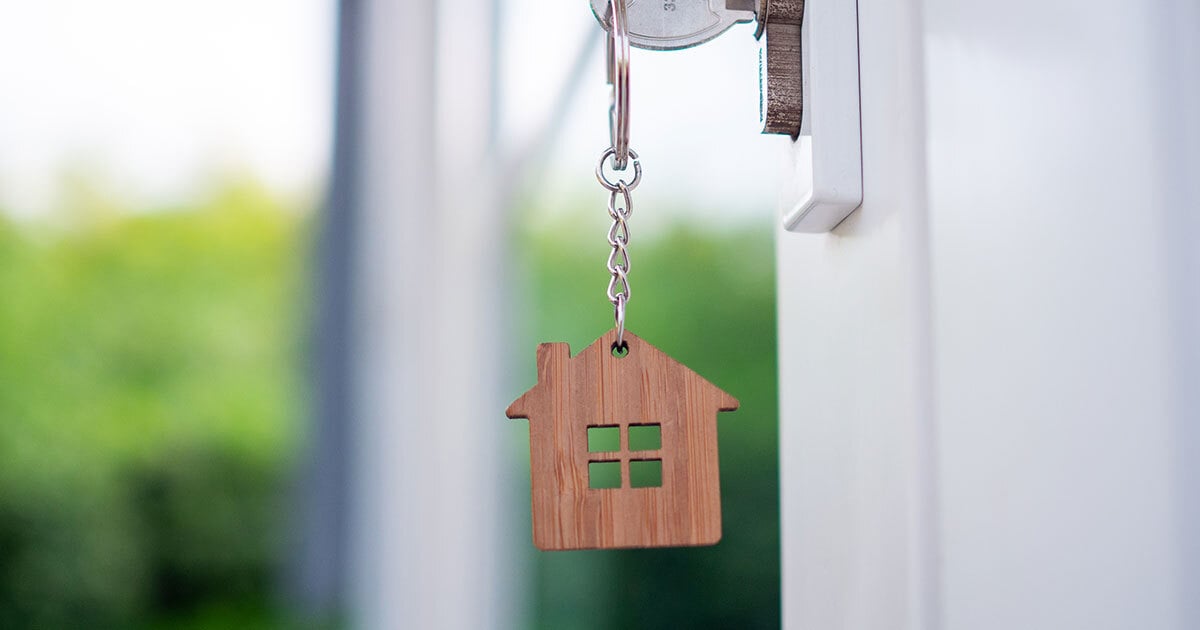Introduction
Looking for a place to stay right now? It’s tough out there, and whether you’re in a pinch because of unexpected life twists or just in need of a bit of guidance, finding immediate housing assistance is crucial. We get it—this situation is stressful, and you’re looking for answers fast. Here’s a little light at the end of the tunnel: this article will walk you through the different types of help you can get, how to apply for them, and some real-life examples of grants that could be available to you.
Understanding Emergency Housing Assistance
Emergency housing assistance is here to lend a hand when you’re up against the wall. This support is specifically for anyone facing immediate housing crises—like if a natural disaster has hit you, you’re facing eviction, or you find yourself without a home. It’s a safety net for when life throws a major curveball your way. Here, we’ll break down the situations that might qualify you for this kind of help, so you can find a way back to stability.
Federal and State Resources
Navigating the maze of housing assistance can seem overwhelming, but there’s good news: both federal and state governments offer robust programs to help out. Let’s break these down:
Federal Programs:
- HUD Emergency Solutions Grants (ESG): These grants are a lifeline if you’re struggling to keep a roof over your head. The program focuses on two main areas: preventing homelessness and providing rapid re-housing solutions. Whether you need help paying rent to avoid eviction or you need quick accommodation after losing your home, ESG can step in to assist.
- FEMA Housing Assistance: If a natural disaster has left you without a home, FEMA’s housing assistance might be what you need. To qualify, your home must be your primary residence and be located in an area declared as a disaster zone. The application process involves registering with FEMA, which you can typically do online or over the phone.
State-Specific Programs:
Each state has its own set of programs designed to meet the unique needs of its residents. For example:
- In California, the Housing and Community Development programs offer various supports, including emergency housing funds.
- Over in New York, the Emergency Rental Assistance Program (ERAP) helps renters who are at immediate risk of eviction by providing temporary rental assistance.
To find out what’s available in your area, a good starting point is the HUD state resources page where you can locate programs tailored to your state’s offerings.
Non-Governmental Organizations and Charities
Apart from government assistance, numerous national and local charities provide emergency housing help:
National Organizations:
- The Salvation Army: Known for its wide-reaching support services, The Salvation Army offers emergency shelters for immediate needs and longer-term housing assistance to help people get back on their feet.
- Catholic Charities: This organization provides extensive housing services, from emergency shelters to affordable long-term housing. They help individuals and families apply for and navigate the various housing programs they offer.
Local Charities:
Depending on where you live, local charities also step up to assist. For instance, in major cities like Chicago, organizations such as the Chicago Coalition for the Homeless offer tailored local support, including advocacy and emergency housing assistance. By reaching out to these organizations, you can find supportive hands ready to help guide you toward stability and safety in your housing situation.
Applying for Assistance

Ready to roll up your sleeves and get some assistance? First, let’s make sure you qualify. Grab all the necessary documents like ID, proof of residence, and any income statements—these are your tickets to apply. Remember, deadlines are super important; missing one can mean a longer wait without a roof over your head.
When filling out your application, clarity is your best friend. Make sure to detail exactly why you need assistance and keep in touch with the agencies you’re applying to—this shows you’re proactive and keeps you on their radar. Want to speed things up? Avoid the common slip-ups like missing signatures or not providing enough proof of your situation.
Preparing for the Future
Thinking ahead can make all the difference. Start with a clear budget for your essentials like rent and utilities. Not sure how to manage your money? Consider talking to a pro, like someone from the National Foundation for Credit Counseling (NFCC). They’re great at helping you make smart financial plans. Also, stash a bit of cash regularly into savings—it’s your cushion against future surprises. And don’t stop looking for a more permanent place to call home; it’s out there!
Essential Links and Resources
Need to get started right away? Here are some direct links and resources that can help you find the assistance you need fast:
- HUD: hud.gov
- FEMA: disasterassistance.gov
- Check out your local state housing authority’s website for more localized help.
- Don’t hesitate to call emergency assistance hotlines if you’re in immediate need; they’re
here to help!
Conclusion

Time is of the essence when you need emergency housing. Remember, the quicker you act, the better your chances of finding a stable solution. Don’t hesitate to tap into every resource you can—whether that’s applying for multiple assistance programs or seeking out local charities. It’s also a great idea to lean on community support. Whether it’s friends, family, or local groups, don’t be shy about asking for help. Together, we can find a way through tough times.
Call to Action
Is this guide helpful? Pass it along to someone else who might be searching for the same kind of information—it could make all the difference for them. And if you’ve got stories to share or questions that still need answers about emergency housing assistance, drop a comment below. Let’s keep the conversation going and support each other in these challenging moments.




